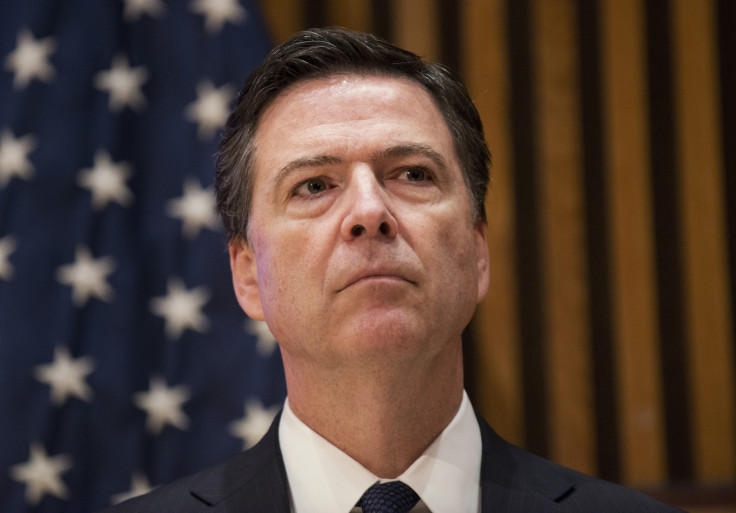John McAfee: Can we trust the FBI with Donald Trump's cybersecurity policy?
Don't believe the hype, Donald Trump needs to fix US cybersecurity.

The most difficult fact for any nation to accept is the fact it may be totally outmatched, in a critical field, by some foreign agency or organisation.
Under the administration of Harry Truman, "Operation Paperclip" was instituted. This controversial program – designed to bring thousands of German scientists into the US after WWII – was the result of Truman's recognition of US inferiority in the realm of the then critical rocket and space sciences.
Werner Von Braun, the developer of Germany's V2 rocket, was one of those scientists. He later went onto create the Saturn V rocket for the US and then become the head of the National Aeronautics and Space Administration. Without Truman's recognition and acceptance of US inferiority in this critical science, the world today would be radically different. The United State's current domination of space is the cornerstone of its military dominance and is based on the science brought to the US by Nazi scientists.
My hope is that President-elect Trump is both smart enough and strong enough to ignore the US internal propaganda and accept the extreme vulnerability in the current critical science of cybersecurity that, today, is far more critical than rocket science was at the end of WWII.
Don't believe the hype
Are the constant pronouncements from within the US government that the US leads the world in cybersecurity just propaganda? Let's look at the facts: we live in a world where teenagers hack the Pentagon, NASA, and can even shutdown government networks around the world.
The full personnel records of every employee of the US government, including every top secret cleared employee, for the past 50 years, were scooped up by an unknown agent in 2015 and virtually every covert agency and even Homeland Security are reportedly routinely hacked.
It is absurd to believe that our government can keep any secrets at all from nation states or organised hacking groups. Are there any coherent plans, policies or practices to counter this growing threat? One of the most frightening aspects of Trump's published cybersecurity platform is that of all the agencies of the DOJ – such as the Asset Forfeiture Division, the Environment and Natural Resources Division, the Office of Juvenile Justice, etc, – it is clearly the Federal Bureau of Investigation to which this obligation will fall.

And how competent in cybersecurity is the FBI? Judge for yourself. Not only are computing devices owned by individual agents being hacked but critical files have been taken from central FBI databases by the Chinese, by the hacking group Anonymous, and by numerous others yet to be named.
But perhaps the most telling is a hack of the FBI by a 15-year-old boy early in 2016 in which the personnel records of 75% of all FBI employees, including undercover agents, were published on the Dark Web.
If the above is insufficient for an indictment of cybersecurity incompetence, then consider that the FBI had to turn to a hacking organisation in order to hack into the iPhone of the San Bernardino shooter.
Is this really the agency that should play a central role in a nationwide task force in charge of structuring and implementing cybersecurity systems for all local, state and national law enforcement agencies? If you believe so then save yourself some time and read no further.
The FBI's use of cyber science
Of greater concern is the FBI's attitude toward how cyber science should be utilised. The FBI views the concept of "cybersecurity" as the use of cyber science in a manner that more easily allows the FBI to monitor US citizens so that the US can be more "secure". This is a perversion of the fundamental intent and productive use of cybersecurity.
That the FBI uses cyber tools for surveillance of US citizens is undeniable. A quick web search will uncover hundreds of incidences of how the FBI applies cyber science to monitor the American public. Yet it seems unable to use that same science in order to protect itself.
Ultimately, the question we need to ask about the loss of privacy as a result of the FBI's use of cyber science is: Can democracy function in a system in which the government knows everything about the people, but the people know virtually nothing about the secret inner workings of the Government?
We begin to self censor when we know we are being watched. We then lose our freedom of action and speech. The loss of all freedoms will soon follow.
© Copyright IBTimes 2024. All rights reserved.






